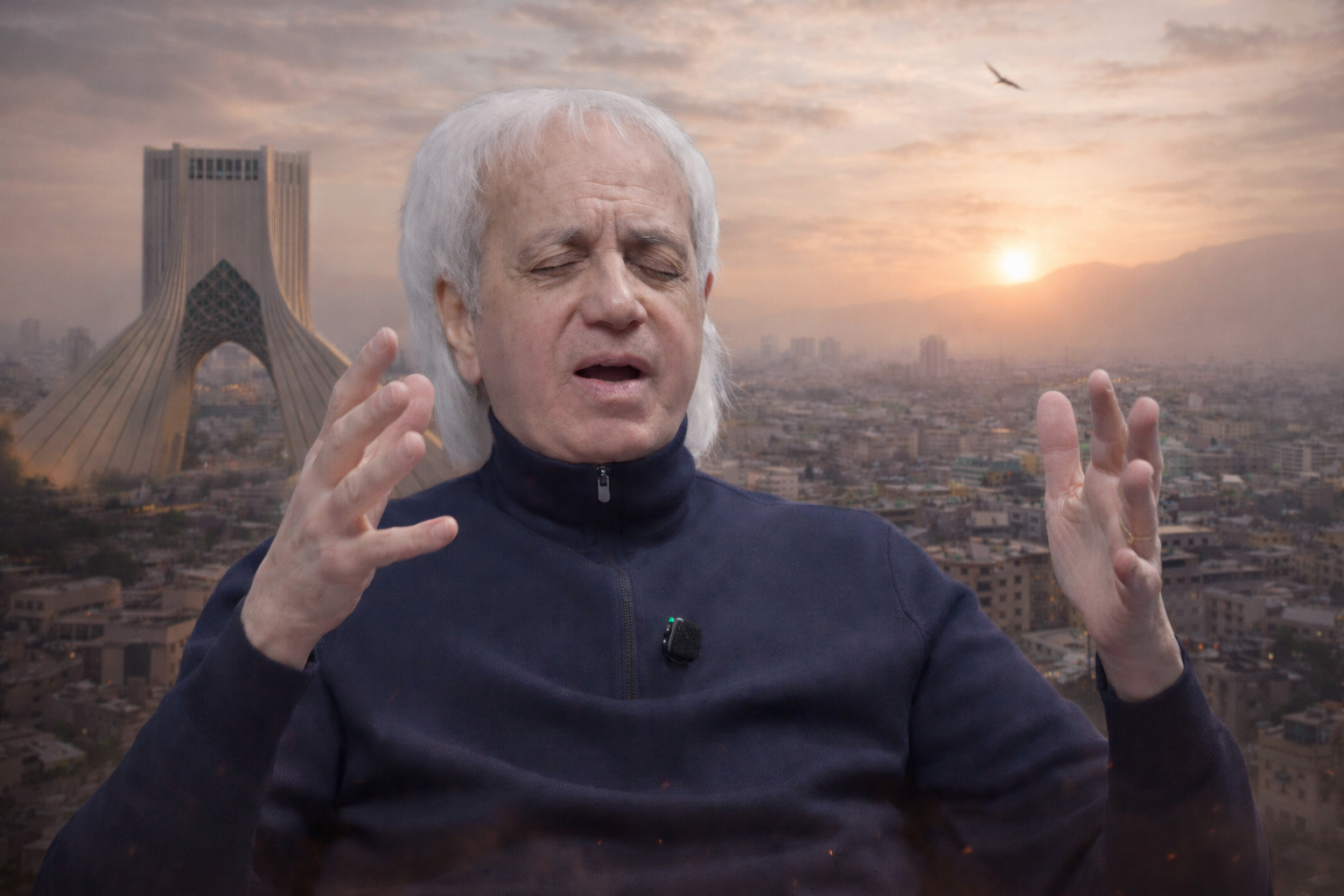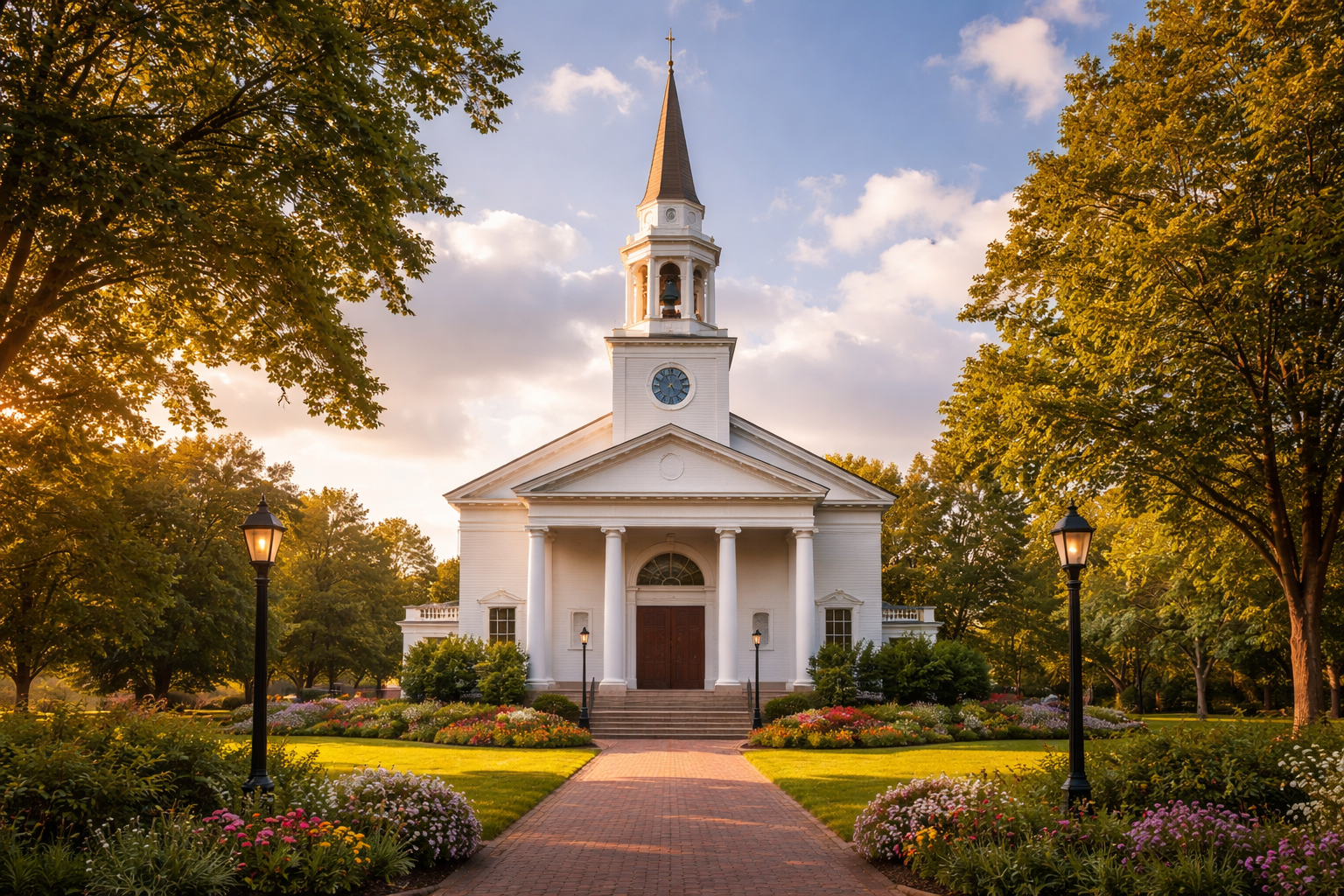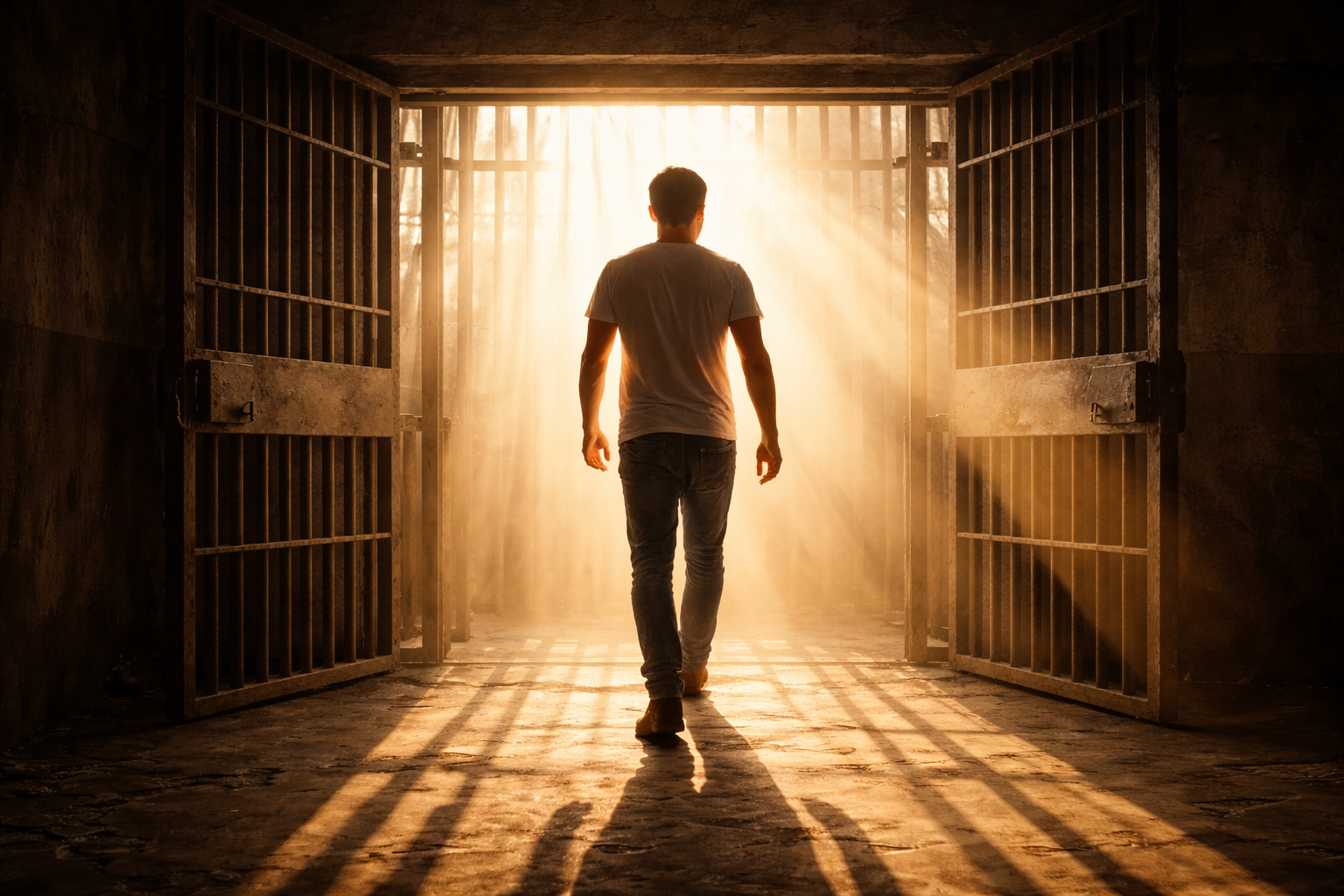Q: What is the spiritual climate and religious landscape of Haiti like?
Annan: The majority of Haitians are Christian. It’s a very spiritual place—both in the sense that people believe and experience the spiritual realm as being alive, and also that people are talking about faith and religion a lot. Voodoo also has a significant influence.
Faith is very important to many. People who don’t have them are often eager to get Bibles. There are prayer vigils. I’ve gone on visits with church members to pray with someone sick at their home. On Sunday morning, many people are dressed in their best outfits walking to church.
I also love that subjects that are taboo for polite conversation in the U.S.—religion, sex and politics—are often early conversation topics in Haiti. I’ve been crammed in the back of a pickup, on public transportation, and pretty quickly a crowd of a dozen strangers are having conversation that bounces off a bawdy joke, into a debate on predestination, then onto politics or fear of kidnapping, then a bawdy joke, and round it goes. I like that these issues are on the surface.
And I should say that I’m a little reluctant to speak in these broad strokes. When I think about the spiritual climate—whether out of humility or egotism—I like to think personally first, rather than evaluating others. In Haiti, I felt like I was learning intensely about the gospel from others. The needs are heartbreaking and endless, and so I was trying to answer love’s demanding and gracious call, sometimes answering and sometimes failing to.
Q: How did living in Haiti affect your marriage? What did you learn?
Annan: It was a pretty wild decision for my wife to move to Haiti sight unseen. I’d already worked in Europe with a refugee ministry, including in Albania and Kosovo during and after the war there. She’d never done anything like this. Our first seven months we lived in one semiprivate room in a small tin-roofed house with a Haitian family—learning the language and culture along the way. It was incredibly intense.
We had nothing left to give each other on a lot of days. I was sick a lot, and Shelly would hold me up sometimes, when I was too weak, as I threw up or had to be in the outhouse. Life was shared in a new series of intimate—if sometimes a little gross—ways.
We—well, mostly I—decided we’d build a house in Haiti too. So when we finally moved out of the home with the family, then we had neighbors and workers with us every nonworking moment as we took on this unruly project. We hiked up rocky hills, in the dark, in the pouring rain, to arrive at our little house with no electricity or running water. During the violence of the political meltdown, I feared for her safety at times and felt like a completely delinquent husband for putting her in these situations.
My wife did good work in Haiti, but over time something that became really hard was that I felt right in the middle of what I was supposed to do with my life … whereas Shelly could do it, and liked parts of it, but was also, fair enough, worn down by the physical, emotional and spiritual demands.
And yet … and yet! In the middle of the strains from this kind of living and service, it was incredible for us in many ways. We extended our family so it now includes a goddaughter in Haiti and many friends we stay in close touch with. We shared an experience that every day informs our lives and faith—and will keep doing so for the rest of our lives. We cherish the shared memories, which can also see us through challenging times now: Well, we made it through that … so this isn’t too bad. Now Shelly is an associate minister in Florida, and I’m able to work full time with Haiti Partners and travel to Haiti regularly. It has its challenges, but we’ve been able to find a way to answer our individual as well as our joint calls.
So in Haiti we were able to learn together, grow in love for each other, grow in love for God and make a difference for our neighbors facing a lot of need—and these are the things we wanted and still want our marriage partnership to be about.












































